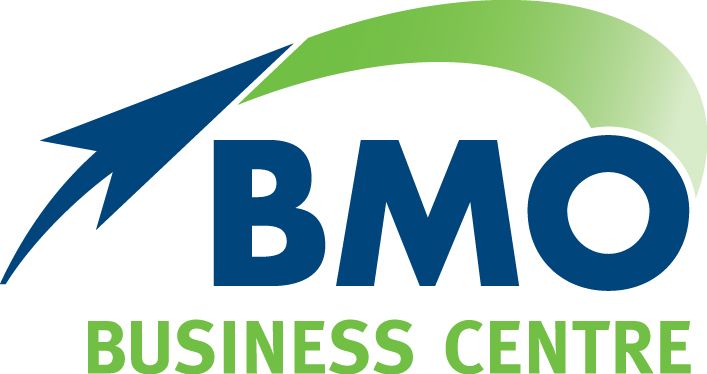Making sure your deductions don’t get personal
It can be easy to overlook your personal use of business assets when it comes to completing your business and self managed super fund tax returns but be warned, the ATO is taking an interest in this area.
The ATO’s Small Business Random Enquiry Program found around 16 per cent of small businesses were either carelessly or deliberately overclaiming expenses in their tax returns.
If business assets are used for a mix of business and private use – such as vehicles and phones – the amount claimed must reflect only the business-related portion of the expense.
The ATO is urging taxpayers to remember this rule when claiming business-related deductions, including those for work-from-home expenses (such as internet and mobile phone usage ), and work vehicles.
Rental properties under the spotlight
Holiday home rentals are also an area where many taxpayers are failing to follow the tax rules.
Deductions for holiday home expenses can only be claimed to the extent they relate to producing rental income, so you need to apportion your expenses if the property is only genuinely available for rent part of the year.
Apportionment is also required if you use the property for private purposes during the year, only use part of it to earn rent, or if it is used by family or friends at various times during the year.
Expenses relating solely to the rental of the property (such as agent commissions and advertising costs), don’t need to be apportioned.
Avoiding mistakes
To ensure you don’t invite attention from the ATO, review your treatment of business asset expenses annually, in case your private usage has changed.
New or additional private usage of the asset means you need to recalculate the percentage of business used to determine the correct deduction claim.
Proper business records explaining all relevant transactions need to be kept to support your claims.
Common taxpayer errors
The ATO says there are some common errors when it comes to claiming deductions.
Taxpayers are not permitted to claim any deductions against business income for expenses relating to an asset entirely used for private purposes.
An example is an asset (such as a boat or plane) purchased and used for private purposes.
Deductions can only be claimed for the relevant percentage of business use. For example, if the private use component represents 60 per cent, only 40 per cent of the expense amount can be claimed in your return.
FBT and deemed dividends
Some small businesses also misunderstand the implications of purchasing an asset (such as a motor vehicle), that is used by an employee or the associate of an employee for personal purposes.
When this occurs, the benefit must be reported in the business’s fringe benefit tax (FBT) return and the resulting FBT liability paid.
Fixing lodgement mistakes
To avoid finding your business in the ATO’s spotlight, check you have correctly apportioned all expense claims before lodging your business or SMSF return.
You also need to consider whether the rules for private company benefits and FBT apply to any of your business assets. If you make a mistake with a deduction claim, you will need to amend or lodge an income tax or FBT return to correct your tax position. There are time limits on both business and super amendments.
We can help you to correct any mistakes and to deal with the ATO to ensure your tax reporting is smooth and worry-free.
The post Making sure your deductions don’t get personal appeared first on BMO Accountants.
Contact Us
BMO Dalby
By Mail:
PO Box 180
Dalby Qld 4405
In Person: 178 Drayton Street (access via Hogan Street)
Dalby Qld 4405
BMO Charleville
By Mail:
PO Box 198
Charleville Qld 4470
In Person: 58 Alfred Street
Charleville Old 4470
BMO Roma
By Mail: PO Box 300 Roma Qld 4455
In Person: 137 McDowall Street Roma Qld 4455
Office Hours:
Monday – Thursday 8am – 5pm and Friday 8am – 3pm
PH: 07 4662 3722
FAX: 07 4662 5975
Useful Links
Stay in Touch
Footer Contact Form
We will get back to you as soon as possible
Please try again later
Contact Us
BMO Dalby
By Mail: PO Box 180 Dalby Qld 4405
In Person: 178 Drayton Street (access via Hogan Street) Dalby
BMO Charleville
By Mail:
PO Box 198
Charleville Qld 4470
In Person: 58 Alfred Street
Charleville Old 4470
BMO Roma
By Mail: PO Box 300 Roma Qld 4455
In Person: 137 McDowall Street Roma Qld 4455
Office Hours: Monday – Thursday 8am – 5pm and Friday 8am – 3pm
PH:
07 4662 3722
FAX: 07 4662 5975
Footer Contact Form
We will get back to you as soon as possible
Please try again later
All Rights Reserved | BMO Dalby | Website design & development by Hey Marketing


